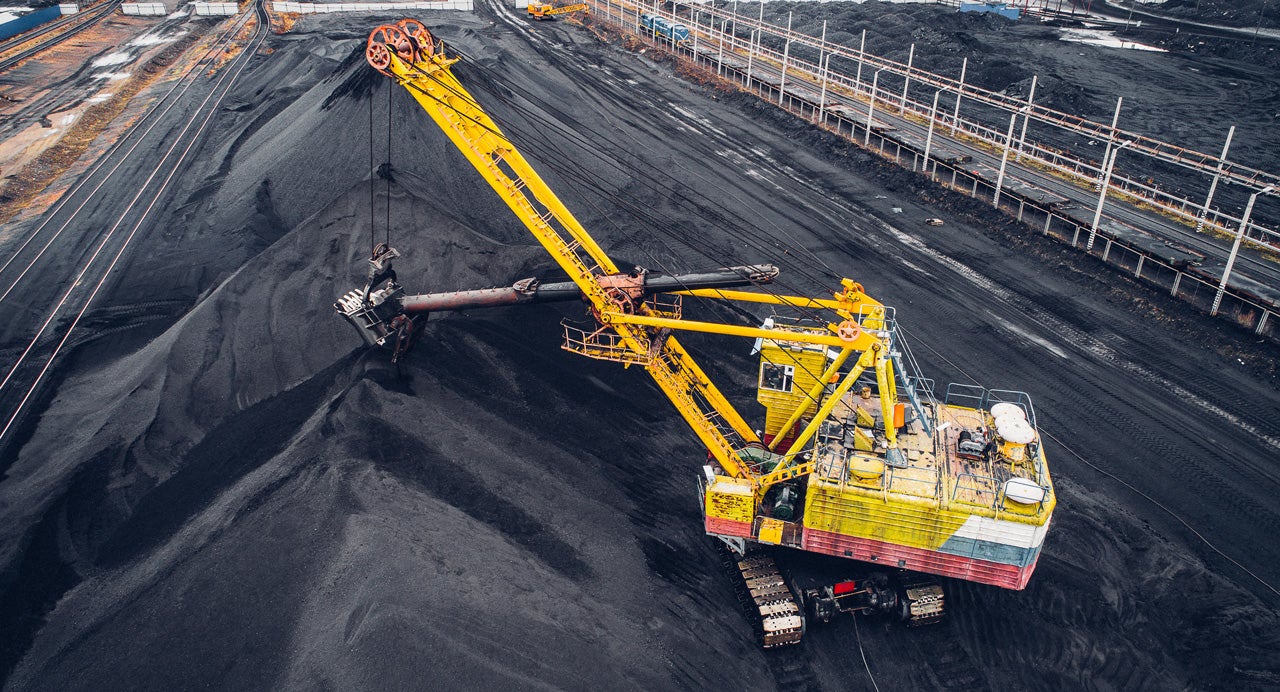SHARM El-SHEIKH, EGYPT––A new report from the United Nations High-Level Expert Group on Net-Zero Commitments takes aim at greenwashing and a lack of accountability around net-zero pledges aimed at limiting global warming.
“We know what we need to do: peak global emissions in just three years, by 2025, and cut emissions in half in less than eight years, by 2030. Money needs to move from funding fossil fuel infrastructure and instead be invested at scale in clean energy,” Catherine McKenna, chair of the group and former Environment Minister of Canada, said in the report’s introductory note. “We make it clear that non-state actors require not only long-term pledges but also short-term science-based targets as well as detailed transition plans showing immediate emissions reductions and capital expenditures aligned with these targets and their net zero pathway.”
The report, released on Tuesday from Sharm El-Sheikh, Egypt, where COP27 is being held, serves as an accountability guide and focuses on environmental integrity, credibility, accountability and the role of governments in this work. It recommends entities align net-zero pledges with the Intergovernmental Panel on Climate Change’s recommendation to limit warming to 1.5°C, a goal that would require cutting global emissions by at least 45% by 2030 and to net zero by 2050. And on methane, it advances a step beyond the IPCC’s 6th Assessment Report in prescribing specific emissions reductions from the fossil fuels this decade
“Methane emissions from the energy sector— coal, oil and gas production —should be reduced by at least 64% by 2030 from 2020 levels to be consistent with global modelled pathways that limit warming to 1.5°C with no or limited overshoot as assessed by the IPCC’s 6th Assessment Report,” the report says.
The report recommends businesses, cities, and regions set interim targets to cut greenhouse gas and other emissions at five year intervals beginning in 2025.
“The message is clear to all those managing existing voluntary initiatives – as well as CEOs, mayors, governors committing to net-zero: Abide by this standard and update your guidelines right away – and certainly no later than COP28,” UN Secretary General António Guterres said in remarks at COP27.
The report also includes a clear message to fossil fuel companies and financial enablers.
“Using bogus ‘net-zero’ pledges to cover up massive fossil fuel expansion is reprehensible,” Guterres said, calling such efforts a sham. “This toxic cover-up could push our world over the climate cliff.”
The report was largely welcomed by organizations advocating for the phase-out of fossil fuels at COP27.
“It was clear that we had a big gap in the climate space,” Guterres said. “We must have zero tolerance for net-zero greenwashing.”
“The Expert Group calls out the clear culprits of the climate emergency – the fossil fuel industry and their financiers — for using ‘net zero’ to greenwash their climate commitments, and rightly pegs ‘net zero’ to an unqualified fossil fuel phaseout and an end to fossil fuel financing,” said Hana Heineken, senior attorney at the Center for International Environmental Law.
Tzeporah Berman, chair of the Fossil Fuel Non-Proliferation Treaty Initiative, described the group’s recommendations as a breakthrough. “These are the criteria for net zero that governments should be using as well,” she said.
The High-Level Expert Group is urging businesses, financial institutions, and local authorities to act with transparency, ensuring their plans are publicly available and include detailed, concrete action plans to meet climate targets.
“Management must be accountable for delivering on these pledges,” Guterres said. “This means publicly advocating for decisive climate action and disclosing all lobbying activity.”
The report called a lack of standards, regulations, and rigor in voluntary carbon market credit programs concerning and pushed against shadow markets for carbon credits being used to undermine emission reduction efforts.
“Targets must be reached through real emissions cuts,” Guterres said. “Fossil fuels must be phased out and renewable energy scaled-up.”
It encourages private financial institutions to focus their investments on driving a renewable energy revolution while cutting investments in fossil fuels, particularly in the developing world.
“To keep high interest rates in developing countries for these projects might kill them and we need to make sure that the international financial system responds to this question,” Guterres said.
Plans also must address the needs of workers in fossil fuel industries who will be affected by the transition to renewable energy, the group said.
There are, however, some concerns that the group’s recommendations don’t go far enough.
“The Expert Group’s recommendations fall short in placing too much faith in voluntary carbon markets, because carbon offsets do little to nothing for emissions reductions and forest protection, and often lead to Indigenous rights abuses,” said Moira Birss, climate finance director at Amazon Watch. “Credible net zero plans require drastic emissions reductions, direct support for ecosystem protection, and robust respect for the rights of Indigenous peoples and local communities.”



